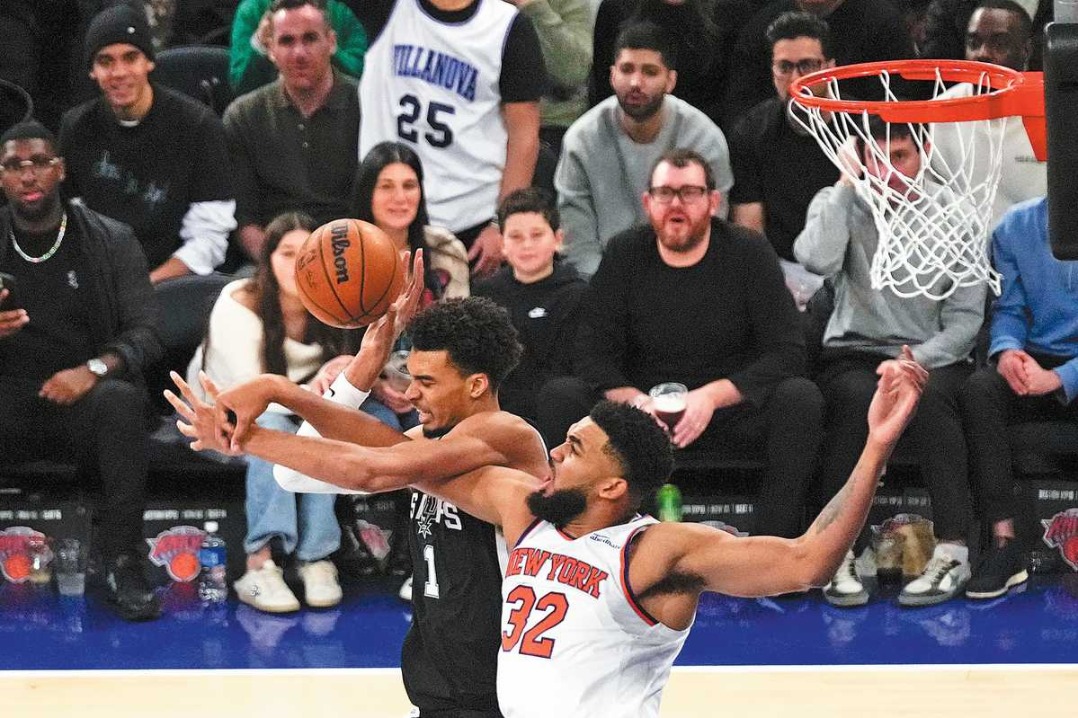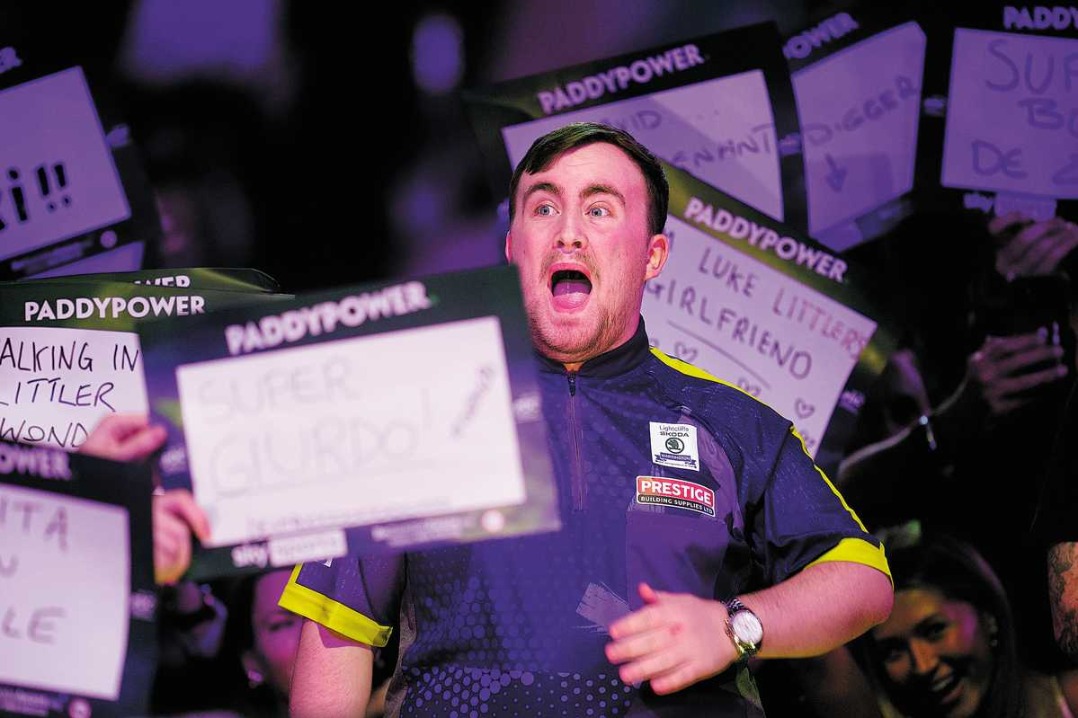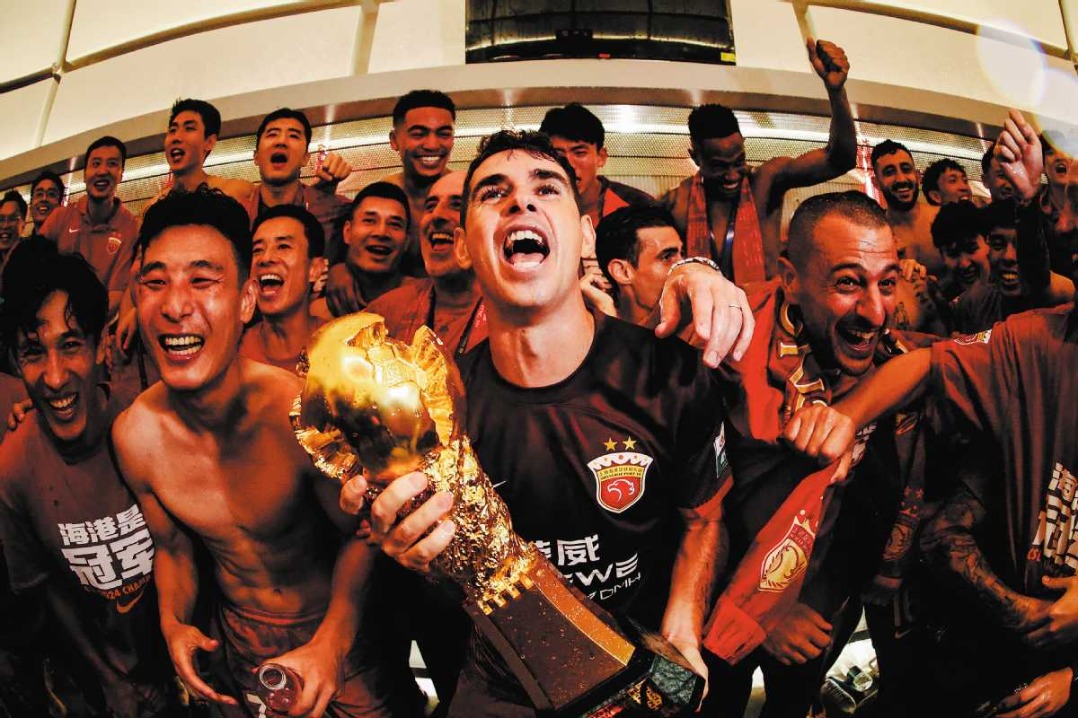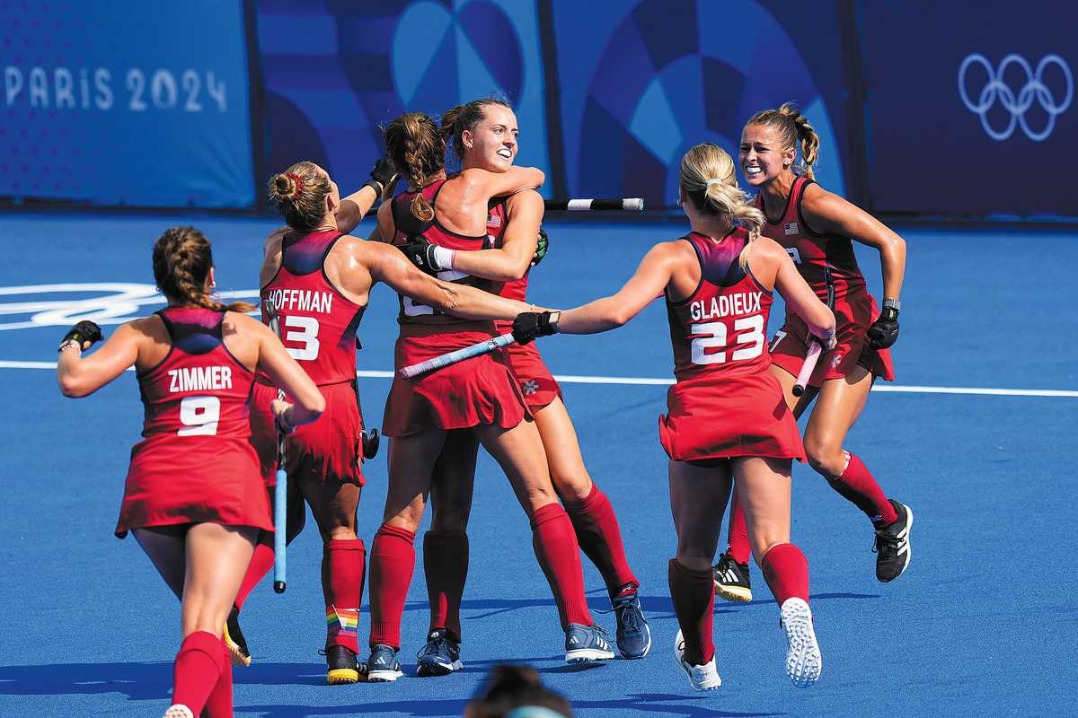Why China needs a possession obsession

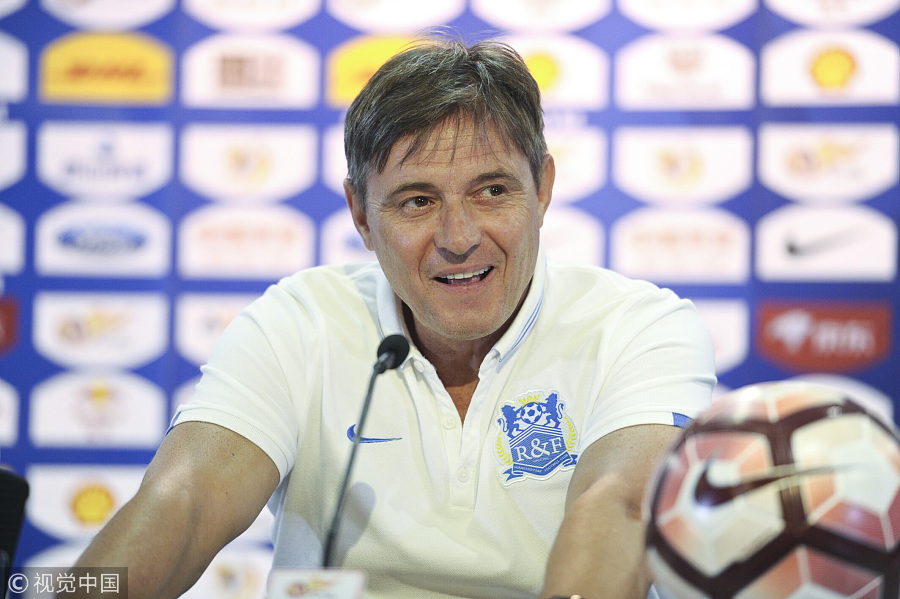
The time has come for Chinese soccer to embrace a style of play that is both technical and tactical in scope - we like to call it the T-T revolution.
While strides have undoubtedly been made by the national side, a fourth straight World Cup qualification failure tells its own story.
With world-class coach Marcello Lippi at the helm, China finished fifth in its qualifying group, 10 points behind table-topping Iran, three behind second-place qualifier South Korea, and, agonizingly, just one adrift of third-place Syria, which went on to lose its two-legged qualifying playoff against Australia.
Since reaching the 2002 finals, China's 2006, 2010 and 2014 qualifying campaigns have all ended early. So, this time around, keeping its hopes alive of booking a ticket to Russia until the final qualifier against Qatar can be considered progress.
Lippi's attack-minded tactics should also be applauded. The Italian dispensed with the five-man defense of predecessor Gao Hongbo in favor of an adventurous 4-3-3 formation, which yielded morale-boosting victories over South Korea, Uzbekistan and Qatar.
However, with a relatively old starting XI, Lippi's influence can only extend so far. Most of the players are over 28 and have reached the limits of their physical fitness, technical ability and tactical nous.
As for the younger players, He Chao, Wei Shihao and Yang Liyu showed potential when called up for East Asian Cup duty but still looked raw compared to their senior teammates.
Meanwhile, at club level, the foreign influx of bigname coaches and players to the Chinese Super League has not changed CSL clubs' fortunes on the continental stage.
Andre Villas-Boas' Shanghai SIPG went furthest of all the CSL teams in the Asian Champions League, but the Portuguese coach's over-reliance on Brazilian Hulk was ultimately found out in the semifinal loss to Japan's Urawa Red Diamonds.
Chinese soccer, therefore, needs to focus its attention on the new generations of kids coming through. Outdated training methods, however, continue to be a stumbling block.
These days, two major styles of play prevail on Europe's pitches.
One is tiki-taka - the short-passing game championed by Spain and Barcelona, which stresses constant movement off the ball and, above all, maintaining possession. The other is the more pragmatic, counter-attacking style employed by teams like European champion Portugal and Diego Simeone's Atletico Madrid. Requiring intense energy levels to soak up pressure, sides then hit the opposition on the break, ideally with pacey forwards to execute the plan to maximum effect.
For China, tika-taka looks the best option.
Coming up against more physically imposing European and South American opposition, Chinese players need to let the ball do the work. Neighbor Japan has proved adept at adopting this style.
Guangzhou R&F has also enjoyed considerable success with such tactics in the CSL. Despite having a cheaply assembled squad, R&F punched above its weight and took the scalp of local rival and reigning CSL champion Guangzhou Evergrande on its way to finishing fifth last term.
The mastermind behind R&F's rise is coach Dragan Stojkovic, and if China is looking for someone to steer a brave new T-T course then it needs look no further than the 52-year-old Serb.
Stojkovic, who was a classy midfielder during his playing days for Yugoslavia and Marseille, has compared his soccer philosophy to that of Arsenal boss Arsene Wenger, who still steadfastly sticks to a pretty passing game, even in the rough and tumble of the Premier League.
Implementing a similar swashbuckling style at youth level in China is imperative.
If not, the country will remain a prisoner of the tired old techniques of the past.
Xinhua
Most Popular
- Chinese table tennis stars Fan and Chen quit world rankings
- Embiid stands tall against Celtics, despite pregame fall
- Wemby scores 42 in a memorable Xmas debut, but Spurs fall short
- Mahomes throws 3 TDs as Chiefs clinch top seed
- Littler is a big deal
- Thohir determined to take Indonesia back to World Cup
















